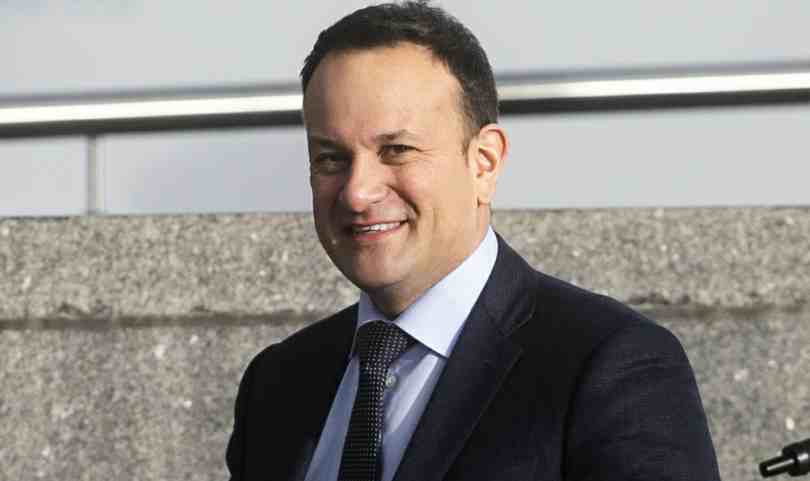The government is to phase in a new mandatory sick pay scheme over the next four years, with employees to benefit from ten paid sick days annually by 2025.
Tánaiste and enterprise minister Leo Varadkar noted that although about half employers provide sick pay, "we need to make sure that every worker, especially lower paid workers in the private sector, have the security and peace of mind of knowing that if they fall ill and miss work, they won’t lose out on a full day’s pay".
Under the scheme, sick pay will be paid by employers at a rate of 70% of an employee’s wage, subject to a daily threshold of €110. The daily earnings threshold of €110 is based on 2019 mean weekly earnings of €786 and equates to an annual salary of €40,900. It can be revised over time by ministerial order in line with inflation and changing incomes.
An employee will have to obtain a medical certificate to avail of statutory sick pay, and the entitlement will be subject to the employee having worked for their employer for a minimum of six months.
Once entitlement to sick pay from their employer ends, employees who need to take more time off may qualify for illness benefit from the Department of Social Protection, subject to PRSI contributions.
The scheme will start in 2022 with an entitlement to three paid days per annum. This will increase to five paid sick days in 2023, seven days in 2024 and 10 days from 2025.
A regulatory impact analysis has estimated that the scheme will ultimately be equivalent to a 2.6% pay increase, in terms of value to the average employee who receives no sick pay from their employer.
Varadkar (pictured) claimed that phasing in the SME employer burden over four-years responds to the cost concerns of small businesses in the current economic environment.
“The scheme is designed to be fair and affordable with the minimum complexity and administrative burden for employers,” the Fine Gael Leader added.









